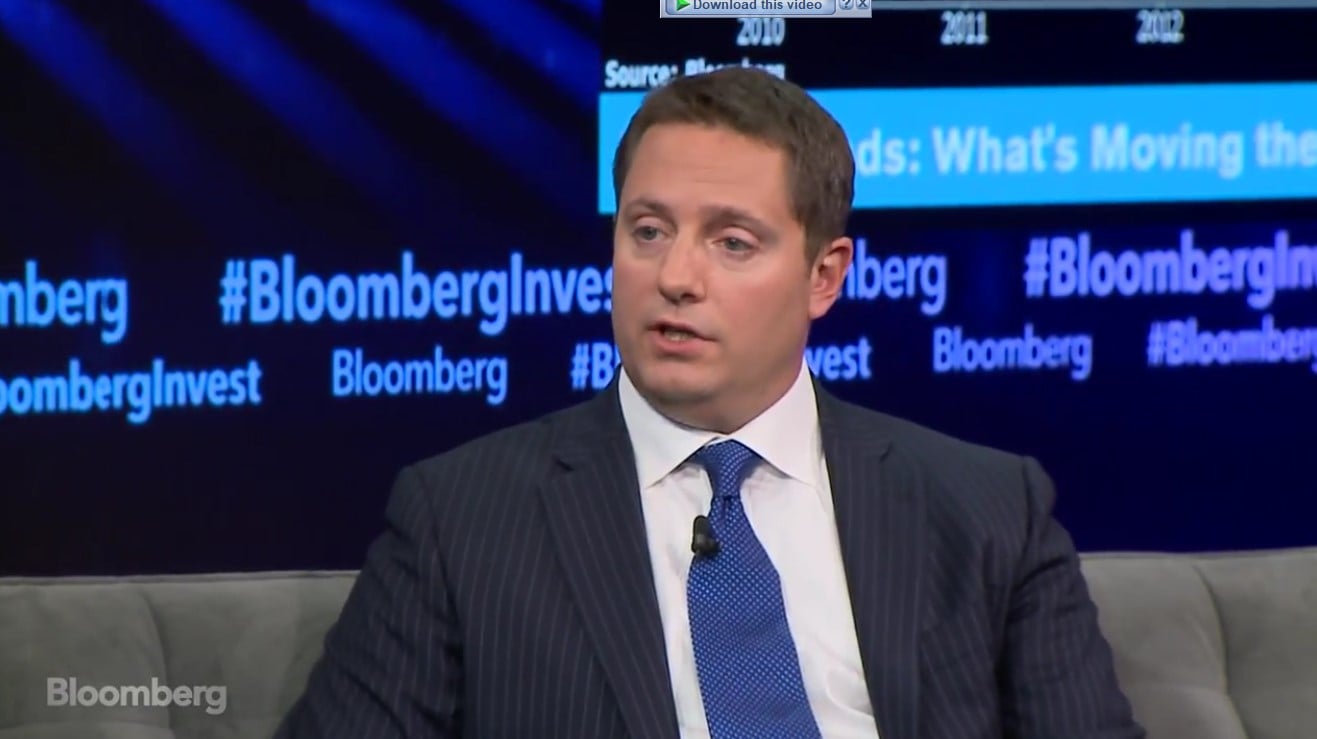Carson Block, chief investment officer at Muddy Waters Capital, talks about his views on China with Bloomberg’s Erik Schatzker at the Bloomberg Invest Summit in New York.
Q1 hedge fund letters, conference, scoops etc, Also read Lear Capital: Financial Products You Should Avoid?
Carson Block Says Chinese Companies 'Don't Play By The Rules'
Transcript
Well I'm going to refer to a documentary that came out about three or four months ago called The China hustle and per the China hustle and I agree with this. There were literally about 400 frauds listed in the United States last decade from the PRC. So yeah figure is a Chinese domiciled companies that raised equity capital here in the United States. Yes. So Chinese companies whose operations are based in China often the legal domicile is came in or what have you but which affords them a few listing and reporting loopholes here in the U.S. But yeah these are companies from China that came to the U.S. and I like I don't think there's any parallel in history of capital markets where you've had this systemic issue of Guen literally hundreds of frauds going to another country's capital markets to suck up capital and expatriate it to their home country. Any idea how much money was lost. From peak to trough. I mean in terms of. So in terms of the amount of money raised that were based companies that basically went to zero or close to it. I mean the estimates are maybe 30 to 40 billion but that's of the companies that have washed out of the system. You know it's important to understand that there are still a number of these companies that are listed in the U.S. from the PRC that you know while they're maybe not completely fake the way that their predecessors were have you know our have real fraud risks and and number them do show indicia of fabricating profits.
So if we look at that combined market cap I mean it is massive frauds are not unique to China obviously. Why is there this bigger point if you will because that's what you're making the bigger point to be made about China's impact on the American capital market and the capitalist system if you like if we want to extend it a little bit more. Sure. Well and this you know so I would argue that we should start looking at as Western investors we should start looking at China Equities as sin stocks where you know from a governance perspective eBay is really something where allocators should be asking themselves whether it's whether it's something that they should own. And it goes beyond fraud. You know let's be clear. Only one leg of the issues is this idea that Chinese actors can list companies in the US that are frauds and do it with total impunity. So that's one leg but another leg is that we are financing. So at the end of the day and you know I would argue this is a fact but at the end of the day in China there is no such thing as a purely private company that the private companies will do the bidding of the state when they are required to do so. And so we're at this very strange moment in history where as liberal democracies were struggling to adjust to this devolution of the technological edge from the government sector to the private sector.
And so our best technologies now are strategic technologies are in the hands of largely in the hands of private companies in the US who are open to doing business with these companies from China that you don't know whether they're really acting in their own interest or in the interest of the government. And the fact is we give liquid markets to the securities of some of these companies. So you've said a couple of provocative things.






